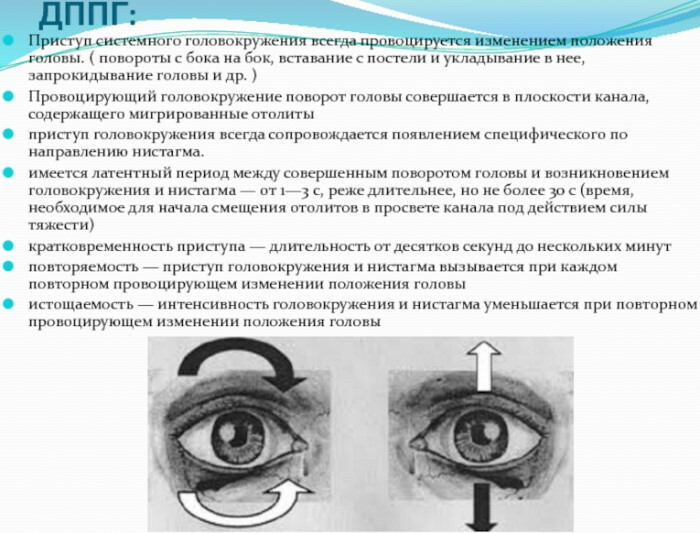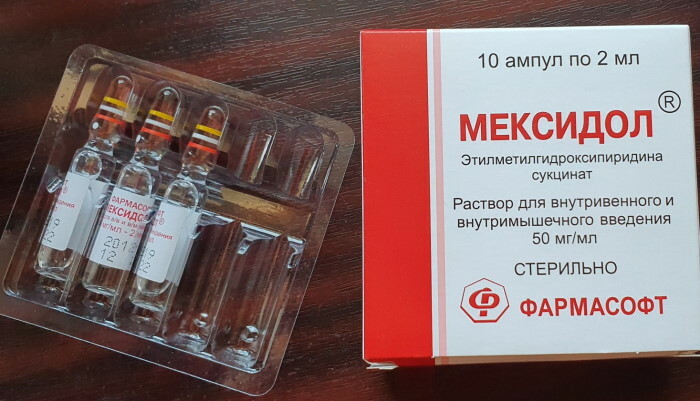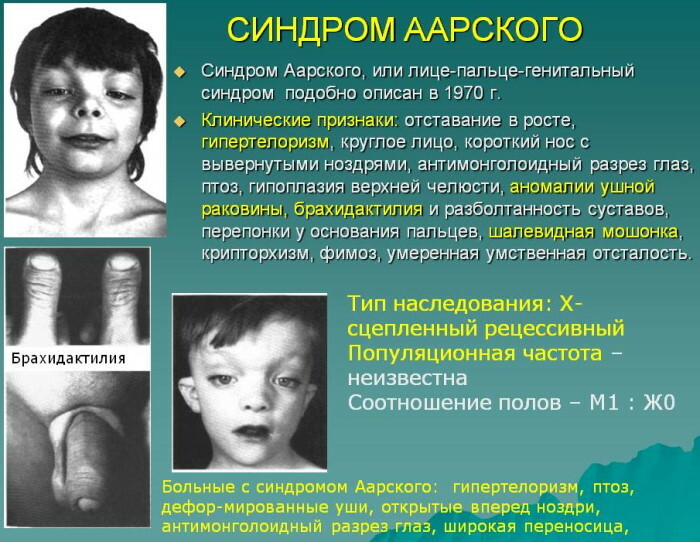Content
- Release form
- Compound
- Pharmacological properties
- Pharmacodynamics and pharmacokinetics
- Indications for use
- Contraindications
- At what age can the drug be used?
- Instructions for use, dosage
- For oral administration
- For intramuscular injection
- For intravenous infusion
- Side effects
- Overdose
- special instructions
- Drug interactions
- Analogs
- Terms, conditions of sale and storage
- Price
- Video about pills Halidor
Halidor is a medicinal product manufactured by the Hungarian pharmacological company Egis Pharmaceuticals. This medication belongs to the therapeutic a group of antispasmodics myotropic action. Galidor is indicated for the complex treatment of adult men and women diagnosed with gastroenterological and vascular diseases accompanied by ischemia.
Release form
Halidor comes in the form of white or slightly grayish tablets of regular round shape with a flattened top. On one side of the medication there is a proprietary engraving of the word, carved in Latin letters - "HALIDOR". These tablets are distinguished by the presence of a specific odor. The preparation is packed into vials made of dark brown glass, each containing 50 tablets. The main packaging of Galidor is a cardboard box.
Compound
The composition of the drug Halidor contains an active chemical called bencyclane fumarate at a concentration of 100 mg.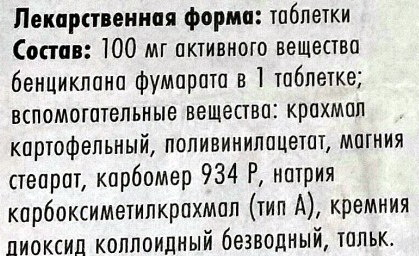
The following components perform an auxiliary function:
- starch (extracted from potatoes), which is part of the outer shell of the tablets;
- magnesium stearate;
- silica;
- talc;
- carbomer 934 R;
- polyvinyl acetate.
Halidor is characterized by a simple but effective composition that provides a safe antispasmodic effect on the vascular walls of veins, arteries and arterioles. This medication is indicated for use during a continuous therapeutic course.
Pharmacological properties
The myotropic antispasmodic agent Galidor has the following pharmacological properties:
- reduces the mobility of the muscles of internal organs, and also has a relaxing effect;
- blocks the patency of calcium channels;
- has a mild calming effect;
- increases the frequency of contraction of the heart muscle;
- blocks sympathetic ganglia;
- inhibits the process of aggregation of vital cells in the form of platelets and red blood cells;
- relieves spasm of the respiratory, excretory system and gastrointestinal tract, which arose due to pathological contraction of the visceral muscles;
- expands the lumen of the endothelium of blood vessels (this pharmacological property of the drug Halidor extends to coronary arteries, cerebral and vegetative vascular tissue).
Decreased muscle tone of internal organs is accompanied by the vasodilating effect of Halidor tablets. The therapeutic effect of this drug is manifested in the first 5 hours after ingestion of a single dose.
Pharmacodynamics and pharmacokinetics
Halidor, the indications for the use of which are described in his instructions, has the pharmacodynamics of an antispasmodic agent. A decrease in the tone of smooth muscles and suppression of the motor activity of muscle fibers of internal organs is carried out due to the fact that the active substance of this medication in the form of bencyclane blocks the permeability of calcium channels, and also provides antiserotonin action. In combination with the suppression of the sensitivity of the ganglia of the sympathetic system, the antispasmodic and sedative properties of this medication are realized.
Relaxation of smooth muscles leads to the expansion of the walls of large arteries, peripheral and cerebral vessels that supply the internal organs and the central nervous system. A distinctive feature of the pharmacodynamic properties of the drug Halidor is that due to the aggregation of blood cells, there is an indirect increase in the elasticity of the membrane wall of erythrocytes.
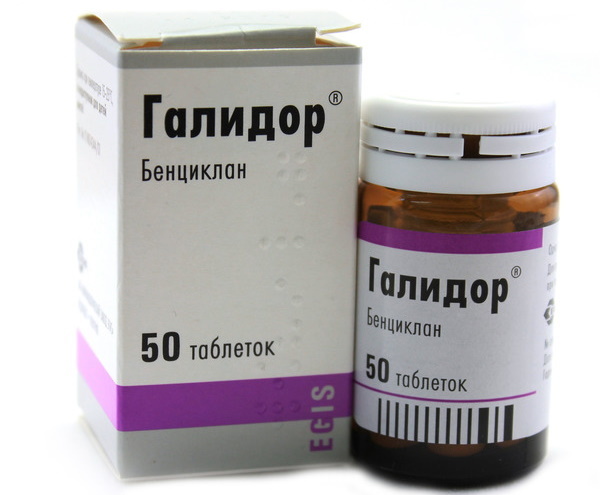
The antispasmodic effect of the active substance of this medication extends to all organs of the digestive, urinary tract and respiratory system. Halidor's sedative effect is accompanied by a slight decrease in concentration.
Pharmacokinetics of the drug Halidor is characterized by the biochemical properties of its active substance bencyclane with a therapeutic dosage of 100 mg. After taking a single dose of this medication, its constituent components are rapidly absorbed into the intestinal walls. The maximum concentration of bencyclane in the blood plasma is reached after 3 hours. At the first stage of the metabolic decomposition of the active substance of Halidor in the liver tissues, its bioavailability does not exceed 25-35%. The level of binding to blood proteins corresponds to the indicator from 30 to 40%.
Metabolic degradation of bencyclane occurs in 2 directions. The active substance of Halidor tablets undergoes a dealkylation step, which leads to the formation of a demethylated compound. After the breakdown of the ether bond, a weakly concentrated benzoic acid is formed, which, under the influence of internal biochemical processes, is converted to the level of hippuric acid. The metabolic half-life of Halidor lasts from 6 to 10 hours. The excretion of the active substance of this medication occurs together with urine in an amount of 97%. These are metabolites that no longer exhibit pharmacological activity. About 2-3% of bencyclane is removed from the body unchanged.
Indications for use
Halidor (indications for the use of this drug are determined by the attending physician) is a drug that is prescribed for admission to adult men and women for the treatment of the following diseases of the vascular, digestive and genitourinary systems of the body:
- Raynaud's disease;
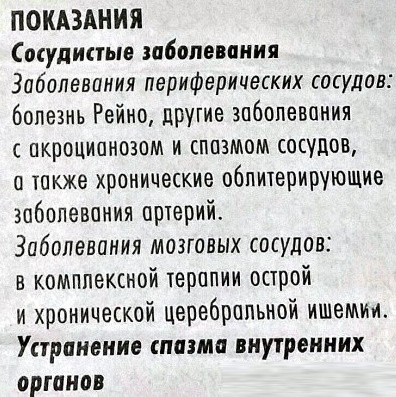
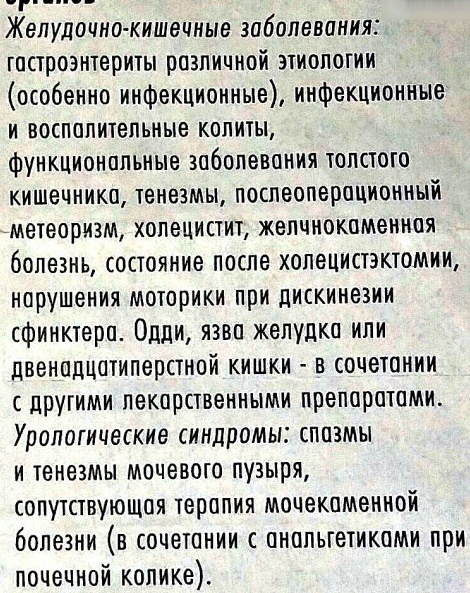
- chronic pathology of the arteries;
- painful conditions of the vessels of the brain, which lead to disruption of local blood circulation;
- cerebral ischemia with signs of a chronic form of the course;
- acrocyanosis, accompanied by spasms of blood vessels;
- gastroenteritis of an infectious nature of origin;
- colitis with symptoms of an acute inflammatory process;
- functional disorders in the work of the large intestine;
- cholecystitis, as well as gallstone disease;
- flatulence that developed during postoperative rehabilitation;
- ulcerative lesion of the stomach and the walls of the duodenum (in the presence of this pathology of the gastrointestinal tract, Halidor is used only as part of combination therapy with other antiulcer drugs);
- violation of the contractile function of the sphincter of Oddi in patients suffering from biliary dyskinesia;
- complex treatment of urolithiasis (in this case, the drug Galidor is prescribed as an aid to facilitate the general well-being of the patient);
- spasmolytic contraction of the smooth muscles of the bladder;
- attacks of renal colic (antispasmodic Halidor is used in combination with analgesics).
Patients with urological diseases who are shown to undergo an examination of the organs of the genitourinary tract are prescribed intramuscular or intravenous injections of Halidor. In most clinical cases, this medication is used in tablet form.
Contraindications
Galidor is categorically contraindicated for therapeutic use in patients who have the following diseases of the body:
- severe stage of respiratory failure;
- myocardial infarction;
- tachycardia of the ventricular, paroxysmal or supraventricular type;
- any form of manifestation of spasmophilia;
- epileptic seizures;
- a previous stroke of the brain, when the patient is in the stage of rehabilitation;
- recovery period after an open or closed skull injury;
- renal or heart failure.
The antispasmodic agent Halidor is not prescribed to patients who have been diagnosed with individual sensitivity to its active substance in the form of bencyclane. In this case, the development of a moderate or acute allergic reaction with the manifestation of various symptoms is possible. The drug Halidor is not prescribed for women who are in a state of pregnancy, as well as breastfeeding a newborn baby. The active component of this antispasmodic agent is able to overcome the placental barrier and enter the composition of breast milk.
At what age can the drug be used?
Halidor tablets and injection solution are allowed for use in patients over 18 years of age. This remedy is contraindicated for use in the treatment of children.
Instructions for use, dosage
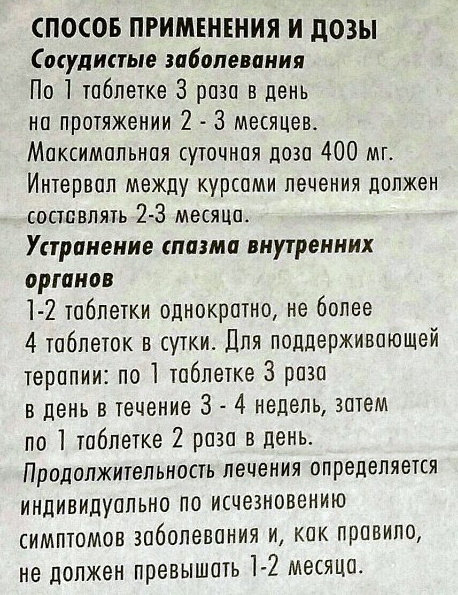
Halidor (indications for the use of this medication were determined based on the results of testing its therapeutic properties) Is a myotropic antispasmodic that is prescribed for oral administration, in the form of intramuscular and intravenous injection. The dosage regimen for this agent depends on its pharmacological form of release.
For oral administration
Oral administration of Halidor provides for adherence to the dosage in the form of 1-2 tablets, which must be drunk 1-2 times a day, taking into account the severity of the current disease.
The maximum therapeutic dose of an antispasmodic agent that can be taken within 24 hours corresponds to table 4. or 400 mg of the active substance bencyclane. The duration of treatment is determined by the doctor.
For intramuscular injection
Intramuscular injections are indicated only for patients undergoing instrumental examinations requiring relaxation of the smooth muscle fibers of the internal organs.
The dosage regimen of this form of release of the drug Halidor is 50 mg of the main component of bencyclane with its introduction into the gluteus muscle from 1 to 2 times a day.
For intravenous infusion
In the process of intravenous infusion, Halidor's solution is injected into the patient's body in a stream and as slowly as possible. In this case, the optimal dosage regimen is from 50 to 100 mg of the active substance bencyclan with its introduction into the patient's vascular system 1-2 times a day. During intravenous administration of Halidor solution, it is necessary to monitor the general condition of the patient.
Side effects
Halidor (indications for the use of this antispasmodic are determined by its manufacturer) is capable of causing side effects on the internal organs and life support systems of the human body.
In the course of treatment with this medication, the patient may experience the following symptoms:
- feeling of unreasonable anxiety, constant anxiety;
- dizziness attacks;
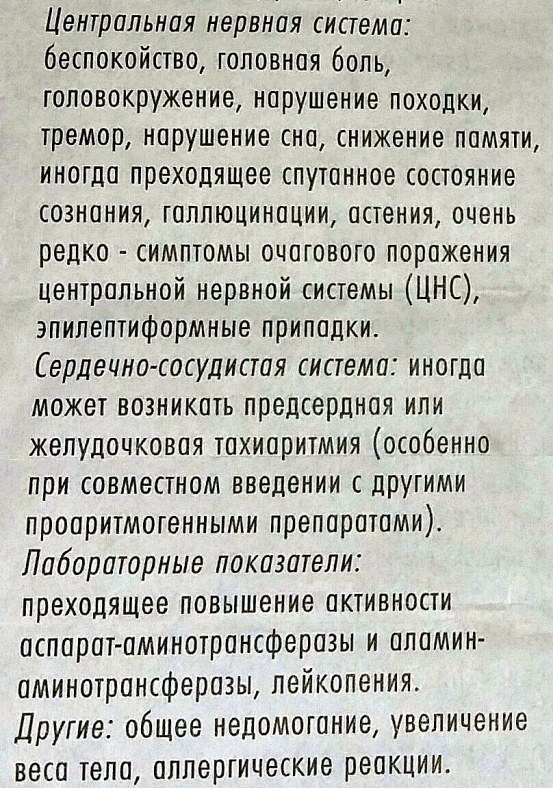
- sleep disturbance and falling asleep;
- confusion of consciousness, which is accompanied by delirium;
- focal lesion of the central nervous system;
- visual and auditory hallucinations caused by dysfunctions of the central nervous system;
- Strong headache;
- epileptiform seizures;
- violation of coordination of movements, which manifests itself during gait;
- increased dryness of the mucous membrane of the oral cavity, which cannot be eliminated even with the help of abundant drinking;
- nausea;
- diarrhea;
- discharge of vomit;
- complete loss or significant decrease in appetite;
- changes in the biochemical activity of liver transaminases in the blood serum (alarming symptom, indicating that the active substance of the drug creates a critical load on the tissues of this body);
- cramping pain inside the abdominal cavity;
- a feeling of satiety, which persists, despite the fact that the patient has not eaten for a long period of time;
- attacks of atrial and ventricular tachyarrhythmias (this side effect of the drug Halidor manifests itself in patients who are simultaneously taking arrhythmogenic medications);
- loss of physical strength and general malaise;
- a rapid set of excess body weight, which is associated with a violation of metabolic processes in the body;
- leukopenia;
- various kinds of allergic reactions of local and more extensive manifestations (side effects of this category can be manifested by a rash, flushing of the skin, itching).
During intravenous administration of the drug Halidor in the form of an injection solution, its side effects periodically occurred in the form of the development of thrombophlebitis. The manifestation of the above symptoms is the basis for the termination of further therapy with this antispasmodic agent. After discovering the results of the side effects of Halidor, it is necessary to seek additional advice from the attending physician who prescribed the administration of this medication.
Overdose
In case of violation of the established dosage regimen with Halidor, symptoms may appear that are similar to side effects. Patients with signs of an overdose with this medication are hospitalized in a toxicological or therapeutic department in order to receive symptomatic treatment.
Patients are prescribed to take sorbent preparations in the form of Atoxil, Enterosgel, Activated carbon. With the help of the gastrointestinal lavage method, the remnants of tablets that have not been absorbed into the intestinal walls are removed from the patient's digestive system. When signs of an allergic reaction appear, the patient is prescribed a course of taking antihistamines.
special instructions
During therapy with an antispasmodic agent Halidor in the form of tablets or an injection solution must be observed the following instructions, which are determined by the developers of this medication:
- do not use the drug in relation to patients who have been diagnosed with clear signs of a decrease functional activity of the respiratory and cardiovascular system with the risk of development collapse;
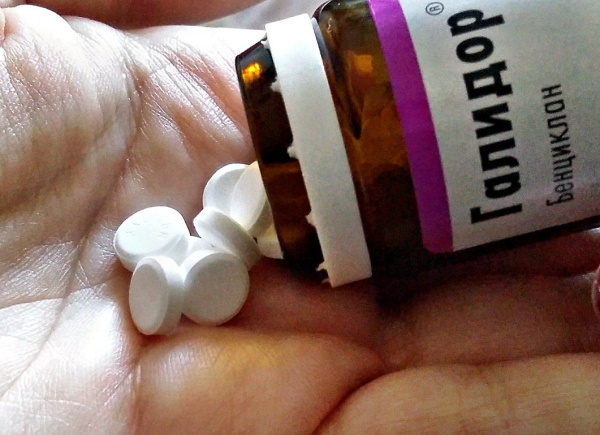
- men with symptoms of prostate tissue hypertrophy, which is accompanied by impaired urinary excretion, should refrain from therapy with Halidor until the prostate function is normalized;
- in conditions of prolonged therapy with this antispasmodic agent, it will be required at least 1 time in 2 months. take a venous blood test to determine the general condition of the liver;
- patients who simultaneously take Halidor drugs from the group of cardiac glycosides, drugs with hypoglycemic properties, or inhibiting myocardial function, should reduce the daily dosage of bencyclan to 150-200 mg (otherwise, the risk of side effects increases) effects);
- the active component of the antispasmodic Halidor is capable of causing drug trauma to the inner walls of blood vessels and thrombophlebitis (due to therefore, during the use of this drug in the form of a solution, it is necessary each time to change the place of its injection into the vascular system).
During the period of treatment with tablets or injections of the drug Halidor, caution should be exercised when administering vehicles, machinery, technological equipment or performing work with increased danger. The sedative effect of this medication can reduce the speed of psychomotor reactions, diffuse attention.
Drug interactions
Simultaneous therapy with Halidor and drugs with sedative properties leads to inhibition of the functions of the central nervous system. A similar effect is observed with the simultaneous use of an antispasmodic agent with general anesthesia medications. Concurrent treatment with drugs from the group of sympathomimetics increases the likelihood of tachyarrhythmia attacks.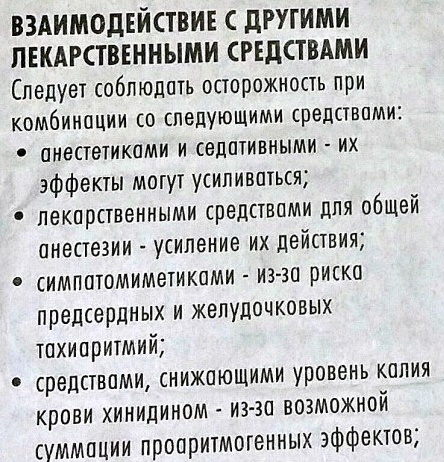
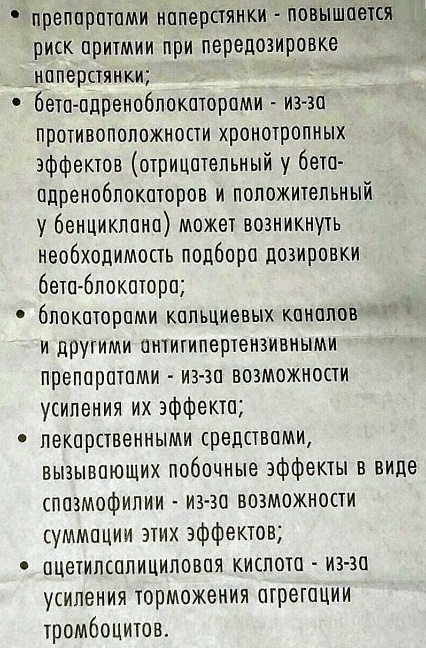
The concomitant use of diuretics, medications based on quinidine, cardiac glycosides leads to a multiple increase in proarrhythmogenic factors. With the simultaneous treatment of the antispasmodic Halidor and foxglove tincture, the risk of arrhythmia increases. A similar effect is observed in patients who overdose with drugs from the category of cardiac glycosides.
The active substance of the antispasmodic agent Halidor and medicines from the group of beta-blockers have the opposite chronotropic effect. To minimize the risk of developing a negative drug interaction with these drugs, it is recommended to pay special attention to the correct selection of the therapeutic dosage.
The simultaneous appointment of Halidor and drugs from the category of calcium channel blockers leads to an increase in the pharmacological properties of the latter. A similar clinical picture is observed with bencyclan therapy and antihypertensive drugs. Joint reception of Halidor and drugs based on acetylsalicylic acid enhances the effect of inhibition of platelet joining processes.
Analogs
The table below lists drugs analogs that have antispasmodic properties, relaxing the smooth muscles of the internal organs and the walls of blood vessels.
| Name of the medication | Price |
| Dibazol | 34 rbl. |
| Enelbin | RUB 1,500 |
| Papazol | RUB 15 |
| Vinoxin | 1450 RUB |
| Duzopharm | 192 RUB |
The appointment of the above drugs is possible only by the attending physician after a preliminary examination of the patient. These medicines contain other active substances in their composition, but at the same time they have exactly the same effect on the human body as Galidor.
Terms, conditions of sale and storage
To buy this medication, you need a prescription from your doctor. Storage of the antispasmodic agent Halidor is carried out in a dark and cool room with an ambient temperature of +15 to +20 ° C.
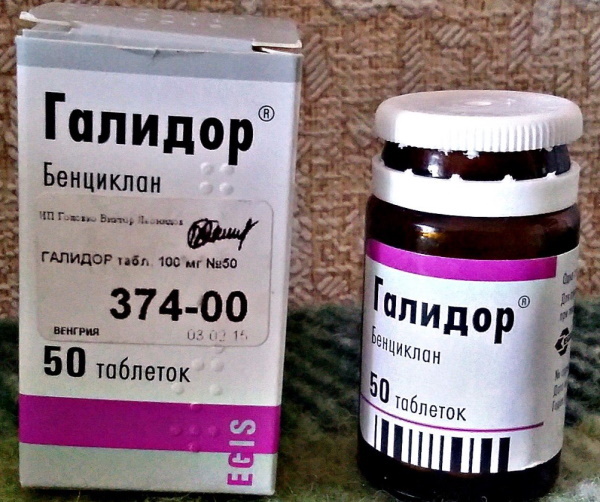
The surface of the vial with the medication should not be exposed to direct sunlight, as this can lead to a decrease in its therapeutic properties. The shelf life for this drug in the form of an injection solution is 3 years, and for tablets 5 years. At the end of this storage period, the medication must be disposed of.
Price
The average cost of the antispasmodic agent Galidor in pharmacies is 541 rubles. for 50 tablets.
Halidor is an effective drug that belongs to the pharmacological category of myotropic antispasmodics. This drug is indicated for use in adult men and women with diseases of the digestive, genitourinary and vascular systems. Halidor is available in the form of tablets and an injection solution for intramuscular and intravenous administration.
The medication is used for diagnostic purposes and to facilitate the general well-being of patients with painful conditions of internal organs, the development of which is accompanied by spasms of a smooth musculature. The drug is not used for the treatment of children. At all stages of treatment with Halidor, it is necessary to monitor the functional state of the patient's liver.
Video about pills Halidor
Instructions for Halidor tablets:

